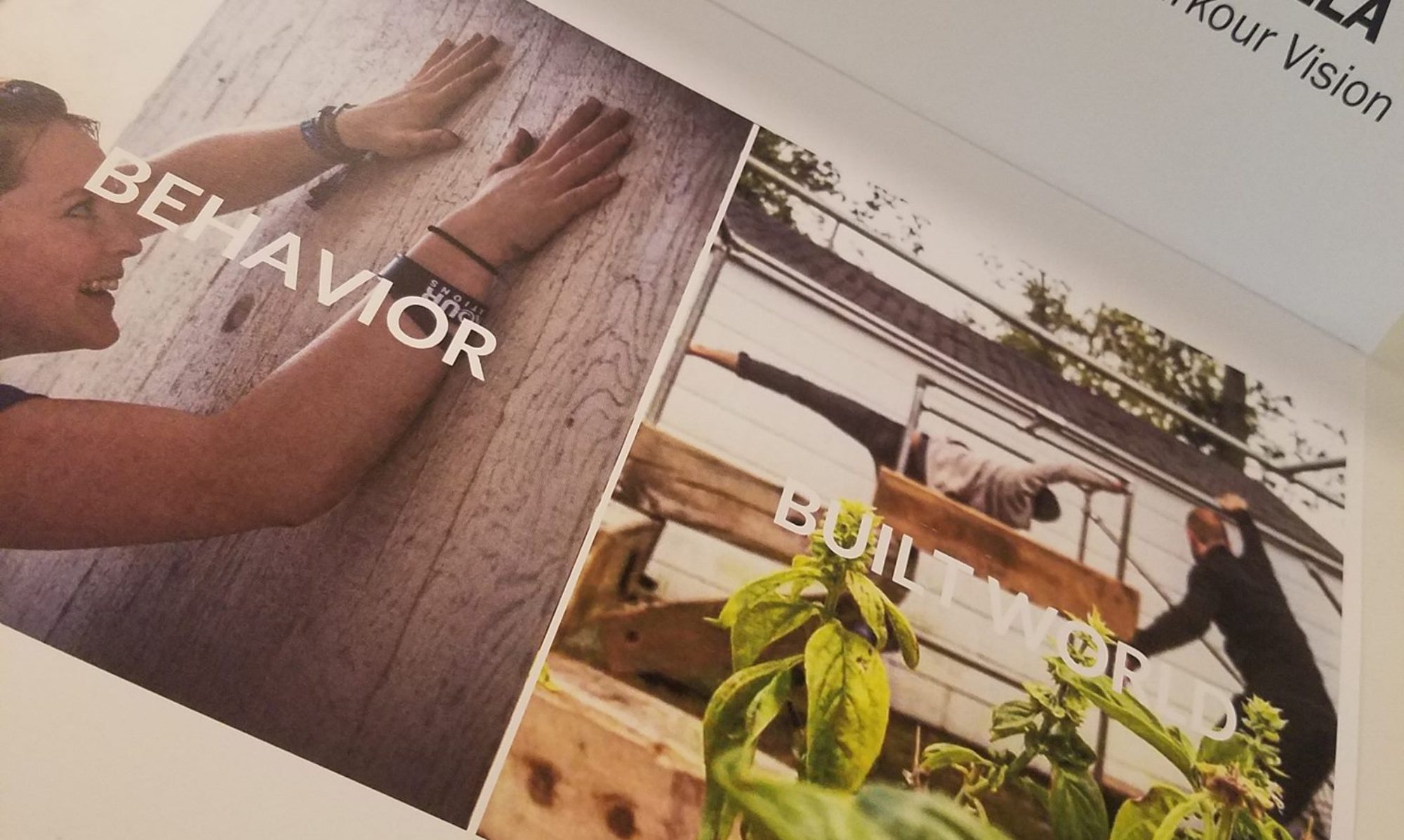The prompt today is a series of quotes on Self-Deception:
QUOTE ONE: “Above all, don’t lie to yourself. The man who lies to himself and listens to his own lie comes to a point that he cannot distinguish the truth within him, or around him, and so loses all respect for himself and for others. And having no respect he ceases to love.”― Fyodor Dostoyevsky, The Brothers Karamazov
QUOTE TWO: “I often find that people confuse inner peace with some sense of insensibility whenever something goes wrong. In such cases inner peace is a permit for destruction: The unyielding optimist will pretend that the forest is not burning either because he is too lazy or too afraid to go and put the fire out.” ― Criss Jami, Killosophy
Response:
Self-deception is one of the worst and most readily practiced forms of self-violence.
We regularly deceive ourselves when we aren’t ready to face the truth or the most-likely reality. This deception is deepened and made worse is when there is actually a slim but legitimate chance for our desired outcome. Even the smallest of margins will exacerbate our delusions, making us cling ever harder to that delusion. A loving glance cast back as they walk away, a brushing of the arms in parting, a hopeful word suggesting possibility. These gestures become the foundation of the lies we tell ourselves.
And these foundational gestures and details enable us to continue to deny. And we will deny. We will deny any other developments even if they continue to drastically tip the scales towards the reality we are trying to reject–so long as that sliver of hope exists, as long as a legitimate chance exists for the outcome we want.
Because it is easier to deceive ourselves than it is to face the suffering that comes with the truth.
And these self-deceptions, when they are ultimately shattered, when we are left behind, when we are rejected with finality, when we are forced into the truth we denied: we are destroyed.
But the destruction begins long before the end of the deception. The day we allow ourselves to be deceived is the day we begin to close ourselves off from growth, the day we find our awareness starting to shrink. We no longer can leverage against ourselves in clarity, nonsense and whimsy begin to gain strength, the affinity for the ridiculous and the impossible grows stronger. In time, this self-deception, even the smallest of self-deceptions, risk completely consuming our ability to read reality and to be honest with our selves.
Thus, It is of the utmost importance to be conscious of our self-deceptions, and to engage in them carefully. Self-deception can be useful, as it allows you to ignore everyday mistakes, flaws, and failures. It allows you to move past shortcomings in order to see the best in people and their potential.
However, engaging in such illusions can prove disastrous if they become too opaque. And even if you practice consciousness and awareness in your self-deceptions, even if you try standing in the light each day, you might find that you fall victim to them none the less.
Even with a daily reminder that you are indulging a self-deception might not be enough.
[ omitted text ]
Be wary of self-deception; it is the quickest way to lose sight of your needs, values, and self. When we are comfortable lying to ourselves about one thing, we will soon find we are comfortable lying to ourselves about other things.
